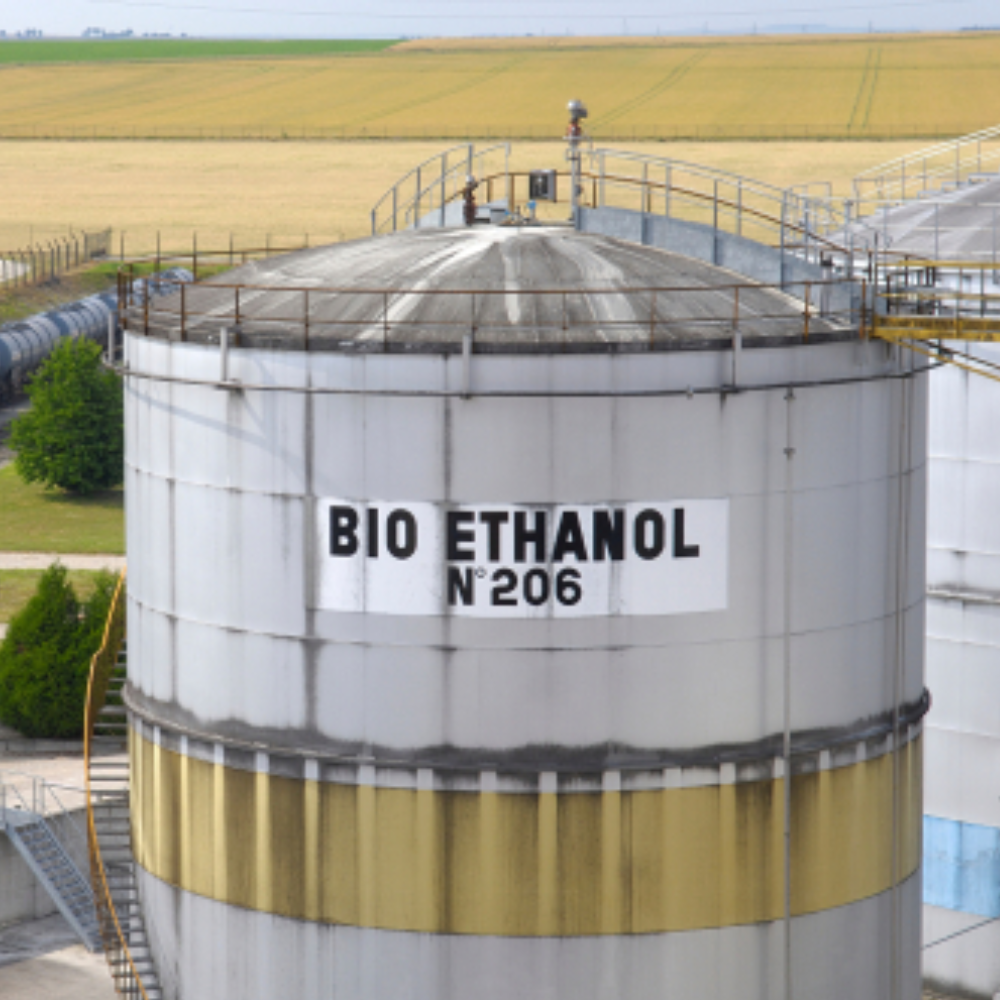
HBNS 2G Ethanol
Second-Generation (2G) Ethanol represents the next leap in clean energy—converting agricultural residues and non-food biomass into a high-value, renewable fuel. Unlike conventional ethanol, which relies on food crops such as sugarcane or corn, 2G ethanol utilizes lignocellulose materials such as crop residues, grasses, and forestry waste, ensuring no competition with food resources while significantly reducing greenhouse gas emissions.
Our 2G ethanol production process integrates advanced biochemical and thermochemical technologies to achieve, High conversion efficiency of biomass into ethanol. Low carbon intensity, contributing to national and global decarbonisation targets. By-product utilization, including surplus lignin for power generation and bio-CNG production, creating a zero-waste ecosystem.
This sustainable fuel is compatible with existing petrol-blending infrastructure, making it a ready-to-adopt solution for the transportation sector and supporting government mandates for ethanol blending.
By combining cutting-edge research with scalable industrial solutions, our approach not only supports energy security but also generates rural employment, reduces stubble burning, and creates additional revenue streams for farmers—driving inclusive and environmentally responsible growth.
Our vision: To be a key player in transforming agricultural residues into a future-ready fuel, accelerating the shift toward a carbon-neutral economy.